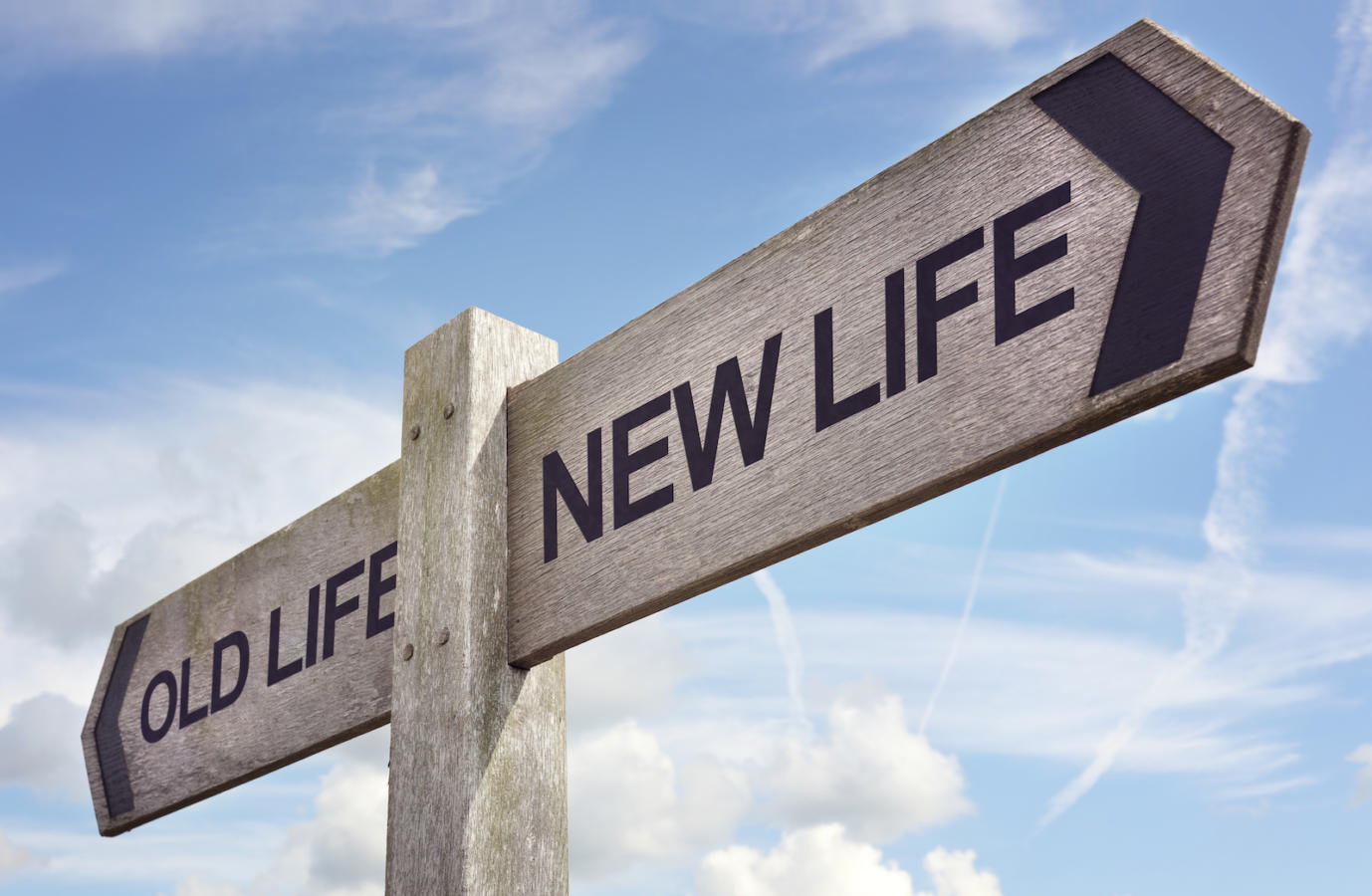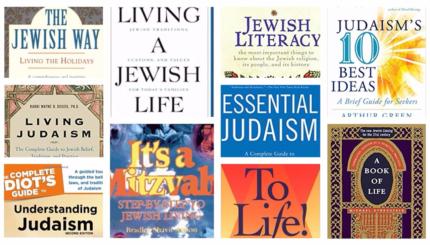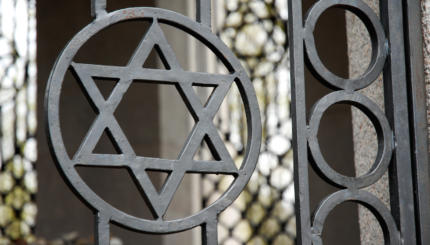Many of us think of conversion as a religious act, yet becoming a Jew is more than an act of faith. It is also the joining of the Jewish family.
Usually — though not always — we join a family by being born into it. And while it may strike our ears as Christian, the motif of being “born again” is a central element of conversion to Judaism. In fact, the rabbis of the Talmud explicitly teach: “One who converts is like a newborn child.” (Yevamot 22a)
In many ways, this is a beautiful idea. It evokes a fresh start, full of potential. It allows the Jew-by-choice to become a full member of the Jewish people, metaphorically reborn from the waters of the mikveh as a descendant of the Jewish family. Concretizing this status, we generally refer to converts in religious contexts as the son/daughter of Abraham our father and Sarah our mother.”
But it’s not so simple. Even if Abraham and Sarah are the spiritual ancestors of converts, as they are of all Jews, Jews-by-choice also obviously have families of origin. They have real-life parents who are not the biblical Abraham and Sarah. Perhaps they have extended families as well, not to mention children of their own. If they become reborn into the Jewish family, how does that change the contours of their relationships with their non-Jewish families?

Help us keep Jewish knowledge accessible to millions of people around the world.
Your donation to My Jewish Learning fuels endless journeys of Jewish discovery. With your help, My Jewish Learning can continue to provide nonstop opportunities for learning, connection and growth.
This tension — between familial ties to both the Jewish people and non-Jewish families of origin — is an ancient one. The rabbis of the Talmud struggled with the case of someone who had children and then converted (Yevamot 62a). One opinion asserts that that such a person has obviously fulfilled their religious obligation to have children. But another opinion disagrees. Since a convert is like a newborn child, prior family ties are dissolved and the convert must have more children to fulfill their obligation.
We may read the second opinion position as unduly harsh. How could one assert that a convert’s children are no longer actually their children? Yet there is severity in the other opinion as well. If a convert’s prior family ties are still completely intact, will their membership in the Jewish family be fully recognized?
We yearn for the best of both worlds — to honor the relationships between Jews-by-choice and their families of origin, while simultaneously affirming their ties to the Jewish family. Fortunately, that approach has deep roots in Jewish tradition as well.
Rabbi Joseph Caro, writing in his 16th-century code of Jewish law, the Shulchan Aruch, struggled with these same questions. Jewish law demands respect for parents. So is a convert obligated to honor their parents or not? Caro answers that Jews-by-choice are forbidden from mistreating their non-Jewish parents.
Caro could have justified this position by citing the talmudic opinion that a convert’s ties to their family of origin remain intact. But making that argument might weaken the convert’s standing as a member of the Jewish family, so he uses a different justification. Instead, he argues that the convert may not mistreat their non-Jewish parents because it makes no sense for conversion to allow them to treat their parents worse than they did before they were Jewish. Being Jewish should come with higher expectations of treating others with respect and honor, not less.
Further, Caro is careful with his language. He does not obligate the convert in the of respecting one’s parents, but forbids them from demeaning their parents. With that change in wording, the Shulchan Aruch makes the argument about appropriate behavior instead of parental lineage, effectively honoring the convert’s connections to their non-Jewish relatives without undermining their family ties to the Jewish people.
This ought to serve as a model for all of us. We live in a world that none of these premodern sources imagined, where families are more multicultural and religiously heterogeneous than ever before. Today, many Jews have non-Jewish relatives, and questions about whom we consider to be our physical and spiritual family members loom large for many of us.
Thankfully, Jewish tradition offers us a path for honoring all of our family ties. It is not a simple path, but a winding trail that requires a bit of wandering and stumbling. Sometimes the convert may feel like — and be seen as — a full member of the Jewish family. Other times they may question whether they really belong. Sometimes they will feel lovingly connected to their families of origin; sometimes they will feel like newborn children, freed from prior family ties.
Jewish tradition has room for of all those twists and turns, and provides a model for wandering confidently hand-in-hand with our beloved family members, whether they are family by birth or by choice.
Rabbi Paula Rose is the assistant rabbi of Congregation Beth Shalom in Seattle, Washington.
Are you considering conversion to Judaism? Sign up here for a special email series that will guide you through everything you need to know.



